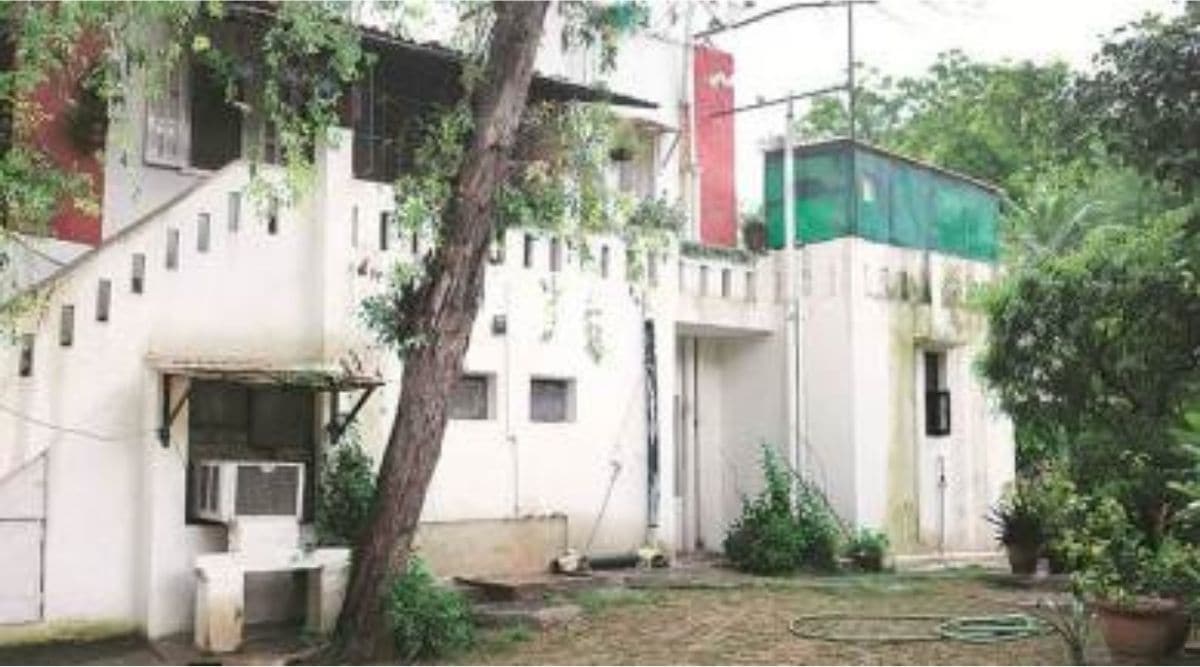 The court earlier observed that the people residing in the Sainik Farms are facing acute problems on account of this indecision.
The court earlier observed that the people residing in the Sainik Farms are facing acute problems on account of this indecision.The Delhi High Court Tuesday pulled up the Centre for its indecision on the proposed regularisation of Sainik Farms and said that a strict embargo even on carrying out repairs to the existing structures may lead to a catastrophe as some of the constructions are in a precarious condition.
“What if some structures fall tomorrow and people die? Who will take the responsibility? There should be some mechanism that if somebody’s property is so precariously placed that it may fall tomorrow… at least minimum repair should be allowed. How can you have a situation where you say that we will not demolish but will not permit repair also,” the division bench of acting Chief Justice Vipin Sanghi and Justice Navin Chawla asked the Centre.
The court said the authorities should look into the aspect of allowing repairs as the prohibition may put the residents at risk. “We are of the view that the respondent should therefore explore the possibility of evolving a mechanism where there is credible vigilance in the matter of grant of permission to carry out repairs and even while the repairs are carried out in the existing structures, pending further decisions the government may take with regard to the affluent colonies,” it added.
Additional Solicitor General Aishwarya Bhati submitted that there are 69 affluent colonies and 1,797 non-effluent colonies. A decision has been taken that the process of regularisation of non-affluent colonies will be undertaken first and only after the process is complete, affluent colonies will be looked into, Bhati submitted.
Best of Express Premium
The court was also told that the properties in affluent colonies stand protected till December 2023. With regard to permission for repairs, Bhati submitted that she will get instruction from the authorities. The court has listed the matter for the next hearing in July.
The court earlier observed that the people residing in the Sainik Farms are facing acute problems on account of this indecision. “There are seepages, structures were built maybe 25, 30, 40 years back. There would be some structures which are precarious. Who would be responsible if tomorrow some structure falls and somebody dies because you say that you will not carry out any major repairs. Supposing the structure falls tomorrow, who will take that responsibility?” it asked the Centre.
The court also observed that it was not telling the government what decision to take but questioned why the matter was being kept in limbo. “Take a pragmatic view of the situation. If you have decided not to regularise, by all means, go with your bulldozers and demolish everything, we will not come in the way. This is only leading to corruption and why should the government appear to be so reluctant to take a call for a decision in the matter. For decades it has been going on. How can this be the state of affairs? Either you demolish it or regularise it or amend your norms,” it added.
However, the court also said that the pragmatic way “probably” is to regularise them as has been done with other colonies. “Please extract your pound of flesh… So by all means do whatever is necessary to ensure that development takes place, if you have to ask them to cede some land, please do that, for broadening of roads, for laying of services, charge whatever needs to be charged. Take a decision,” it observed.
- The Indian Express website has been rated GREEN for its credibility and trustworthiness by Newsguard, a global service that rates news sources for their journalistic standards.

